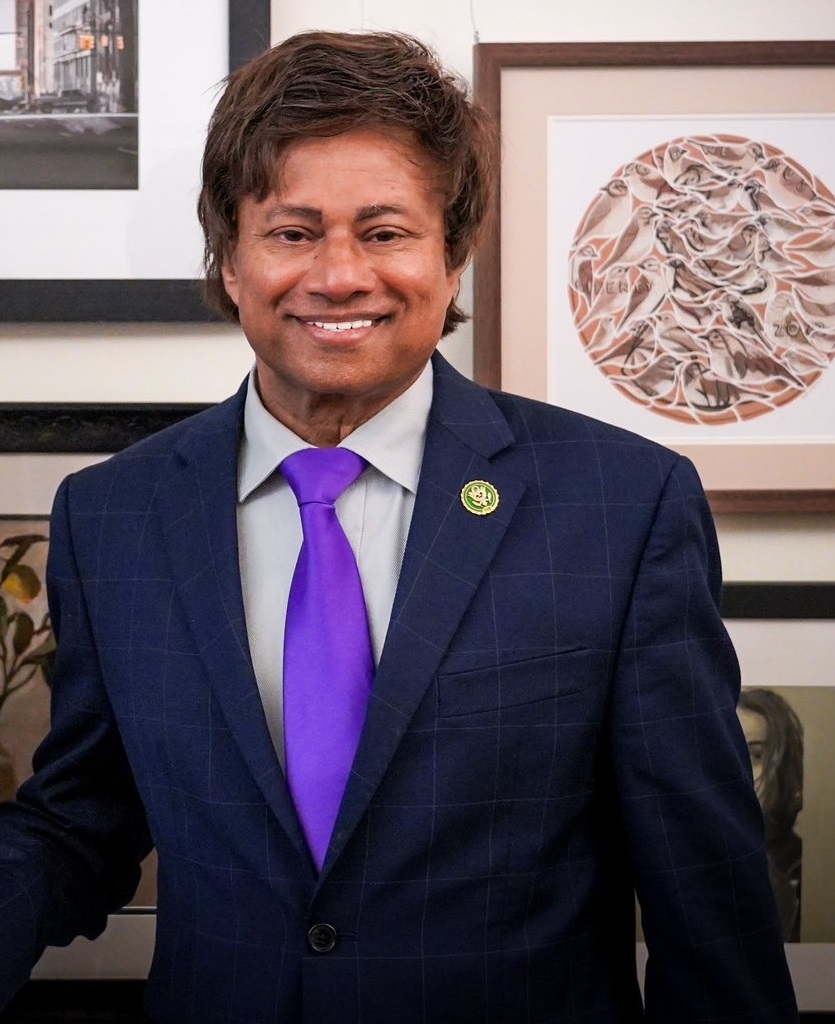
New York, June 23 (IANS) Asserting that Immigration needs to be merit-based and not dictated by arbitrary caps, Indian-American Congressman Shri Thanedar announced that he will be co-sponsoring a bill on eliminating visa backlogs.
Eliminating Backlogs Act of 2023, the bipartisan bill introduced in the House of Representatives earlier this year, seeks to effectively utilise the employment-based visas that are allocated each year under existing federal immigration law.
“Proud to co-sponsor the H.R. 1535 Eliminating Backlogs Act of 2023, bipartisan legislation which increases employment-based immigration visas. Immigration needs to be merit-based, not dictated by arbitrary caps,” Thanedar tweeted on Thursday.
The Congressman had earlier said that the long Green Card backlog is creating hardships for skilled workers, including Indians, at a time when American businesses need more immigrants.
According to estimates, there are only six available workers for every 10 job openings in the US.
The bill, introduced by Congressmen Larry Bucshon and Raja Krishnamoorthi on March 10, would recapture the unused employment-based Green Cards accumulated over the past three decades, going back to 1992 when the current Green Card allotment system took effect.
Unused Green Cards are the ones left unissued due to bureaucratic delays and slow USCIS processing.
In addition, the bill would exempt these recaptured Green Cards from the 7 per cent per-country cap.
As a consequence of numerical limits, per-country caps, and administrative delays, the employment-based Green Card backlog reached 1.6 million by the end of Fiscal Year 2022, according to National Immigration Forum.
The US sets aside 140,000 employment-based green cards for skilled, unskilled, and professional workers from all around the world every year.
In addition to the numerical limit, Congress has put a limit on the maximum number of Green Cards that can be allocated to nationals of a particular country.
As per the existing federal law, individuals from any one country cannot be issued more than 7 per cent of the total number of Green Cards each year.
The existence of these per-country caps means that individuals from countries with high numbers of Green Card applicants, such as India, China, Mexico, and the Philippines, face backlogs lasting years or even decades.
–IANS
mi/ksk/





























